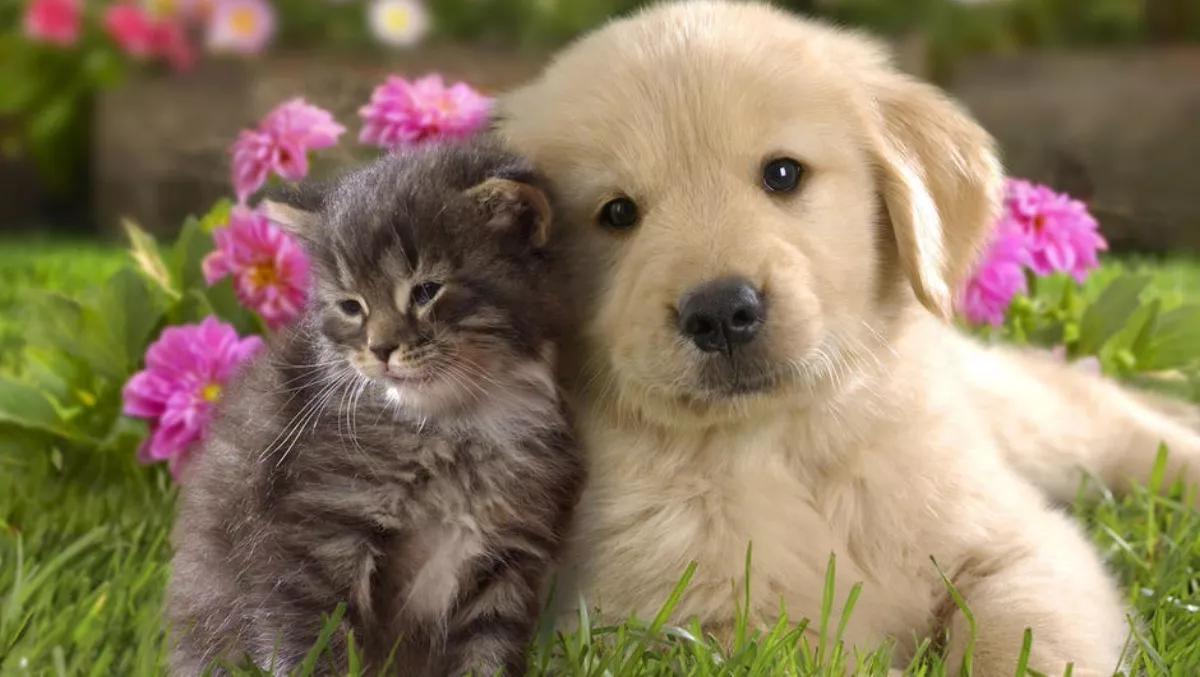
Lost or found someone's pet? PiP facial recognition will reunite our furry friends
Animal lovers know the worry that strikes when their fur babies decide to take a wander away from home, or when they stumble upon one that looks hopelessly lost.
For those signed up with the New Zealand Companion Animal Register (NZCAR), identifying lost and found pets has gone through a revolution thanks to a system called 'PiP'.
PiP facial recognition is one of the most sophisticated and intelligent systems in the world to find your lost pet and it will 'revolutionalise' the way we reunite lost pets with their families, according to the New Zealand Companion Animal Council (NZCAC).
What does that mean for us when our pets go for a stroll? The PiP facial recognition allows anyone to take an image of any pet they find and upload it to NZCAR.
The image is then compared against thousands of images to identify the animal in just a few minutes. While an image doesn't replace unique microchip identification, it can narrow down the search.
People can upload images of found animals through their phone, which means the lost and found network can now get a whole lot bigger.
"Combined with the New Zealand Companion Animal Register microchip database and Scanner Angel smart network, 'PiP' Facial Recognition will add another dimension to helping find lost animals," says NZCAC manager Dr Jessica Walker.
"These exciting advancements in technology will work alongside traditional microchipping to maximise the number of lost pets that are reunited with their owners in New Zealand.
The NZCAC has gone one step further to develop a live, interactive map of lost and found pets through its second website, LostPet.co.nz. It has merged with Pets on the Net and also includes automatic notification to users of neighbourhood community site, Neighbourly.
The NZCAR is extremely pleased to partner with SPCA New Zealand, the New Zealand Institute of Animal Management, Pets on the Net, and Neighbourly, so we can all work together. More partners will be added as more organisations sign up to use LostPet.co.nz," says NZCAR manager Nygllhuw Morris.
While the PiP facial recognition technology and live maps are exciting initiatives, NZCAC says they don't replace the need for microchipping.
"Microchipping is the only form of permanent identification for companion animals and ensuring your animals are microchipped and registered with the New Zealand Companion Animal Register is still the most reliable way for owners to be contact when their animal is lost.
Some of PiP's features:
- Any member of the public can submit a photo of a found pet for free on our site
- Any user can flag their pet as missing so that it is then highlighted on the NZCAR administration panel. Our staff check each day for new listings and the system is always looking for matches.
- The 'PiP' system sends a missing pet alert to any of the NZCAR agents within a 10km radius of where the pet goes missing. For rural users, if there is no agent within 10km it sends to the nearest three.
- The 'PiP' system allows the NZCAR staff to monitor lost and found Facebook sites and import photos for facial comparison if the site owners have given permission.
- You can auto-create a lost pet listing on your own Facebook page using your stored pet data.
- Activation of a 'PiP' lost pet alert also updates the NZCAR and can auto-generate a LostPet.co.nz alert as well as Neighbourly notification.
For those who haven't get taken the time to get their animal chipped, a veterinarian can complete the procedure. For those who have chipped pets and want them listed on the NZCAR, the option is available on their website.
Those who want to sign up for PiP Facial Recognition as part of their pet's information on NZCAR can visit animalregister.co.nz.


